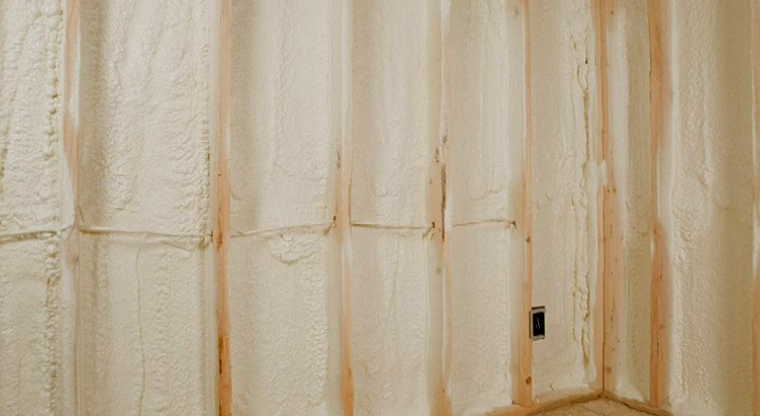
Every basement has excessive moisture regardless of its age and appearance. For finished basement renovation projects, it is important that the basement walls be properly insulated so they are less susceptible to condensation, moisture, and mold. An added benefit of using the right insulation for your project is lower energy bills!
Benefits of Insulating Basement Walls
Insulating the walls of your finished basement benefits your home in many ways. The basement of your home is connected to the rest of your living spaces so when it is insulated you conserve energy and save money on your heating expenses. The finished basement living space will also be more comfortable for you to enjoy when the foundation walls are insulated using the right type of insulation to keep the space warmer. Because basements are damper than other areas of your home, insulation helps keep moisture out that can lead to mold.
Best Types of Insulation for Basement Walls
The best way to insulate the interior side of basement walls is with foam insulation that is adhered to or sprayed directly on the concrete. Insulation materials acceptable for this purpose are closed-cell spray polyurethane foam or either XPS, EPS, or polyisocyanurate rigid foam. Building codes require most types of foam insulation to be protected by a layer of gypsum drywall. The spray foam insulation encapsulates the concrete to effectively insulate the wall while locking out moisture.
To save money, you may be tempted to use fibrous insulation such as fiberglass batts, mineral-wool batts, or cellulose. These materials are air permeable and should never be installed against a below-grade concrete wall because moisture in the interior air can condense against the cold concrete surface, potentially leading to mold and rot.
If you are planning a basement renovation, investing in the right type of insulation for your project will give you the best result.
